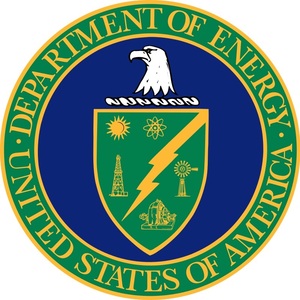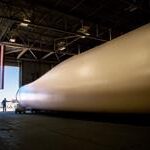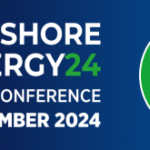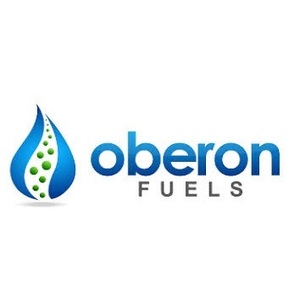DOE seeks input on ways to decarbonize US manufacturing sector
Energy Disrupter
ADVERTISEMENT
The U.S. Department of Energy’s Advanced Manufacturing Office issued a request for information (RFI) on Jan. 27 to gather input on industrial priorities for decarbonization, including emerging technologies that could be demonstrated or adopted by the industrial sector.
The RFI aims to help AMO better understand how the U.S. manufacturing sector can reduce emissions, power the clean economy and increase global competitiveness. It identifies nine industrial categories and seeks information on aspects of industrial decarbonization associated with each.
The first category focuses on the chemical industry, which is the largest energy user in the U.S. industrial sector, accounting for an estimated 274 million metric tons of energy-related carbon dioxide emission in 2020. As part of the RFI, the DOE asks stakeholders to identify emerging decarbonization technologies that could have the most impact in the chemical industry over the next two decades, and which of those technologies are applicable to the production of ethanol and biobased chemicals, basic organic chemicals, petrochemicals, plastic and resin materials, inorganic chemicals and industrial gases, and other chemicals.
Other categories addressed by the RFI include the iron and steel industry; the food and beverage industry; the cement and concrete industry; significant decarbonization opportunities in other manufacturing industries, such as pulp and paper, wood products or aluminum; crosscutting industrial decarbonization opportunities; specific industrial decarbonization challenges; industrial decarbonization workforce, community and equity considerations; and iron, steel, manufactured products or construction materials.
The DOE is accepting responses to the RFI through Feb. 28. Additional information is available on the DOE website.
















